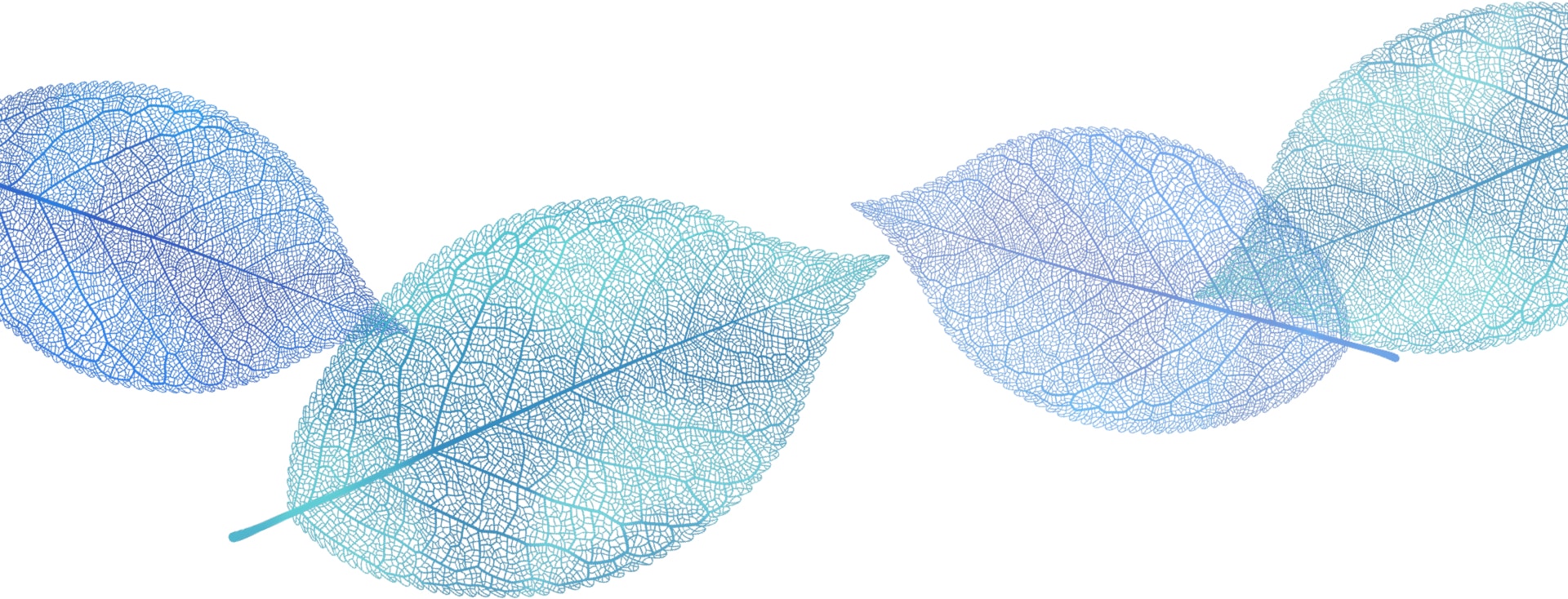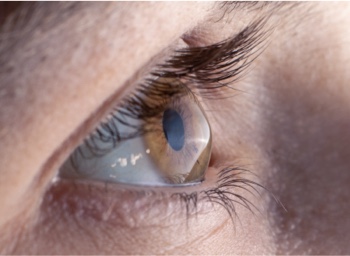
Eating for Good Vision Health
Though we’re all well aware that our overall health is related to what we eat, it’s easy to overlook exactly how much healthy eating habits can influence our eyes. Choosing foods rich in certain nutrients keeps your eyes working better, longer.
Let Us Help You Get Started
Trying to give your eyes all the nutrients they need can be overwhelming. Please book an eye health consultation with us, and we’ll recommend some nutritional supplements to ensure retinal nourishment, suggest some foods to try, and of course, take the time to answer any questions you might have.
Always talk to your doctor before trying new supplements.



How to Eat for Good Eye Health
Specific nutrients and antioxidants are scientifically proven to decrease your chance of developing eye diseases or can delay the progression of eye diseases and conditions. A little bit of menu planning could mean years of healthier vision.
Dry Eyes
Dry eyes occur when your body stops producing a sufficient volume or quality of tears. As a result, your eyes feel dry, irritated, and sore. Omega-3 fatty acids can help prevent or remedy dry eyes, bringing back the comfort you want and the functionality you need. Coldwater fish, like salmon, are a tasty source of omega-3 fatty acids.
Cataracts
Cataracts are a normal part of the aging process. Almost everyone experiences some level of cataract development in their life, especially after age 65.
Even so, there are some nutrients available that can delay the development of cataracts. Vitamin C can slow cataract development and can be found in bell peppers, oranges, and kale.
Glaucoma
Glaucoma is a serious eye condition usually associated with high intraocular pressure (IOP).
There is evidence to suggest that antioxidants such as vitamins A, C & E, selenium, lutein, and polyphenols (red wine, acai berries, dark chocolate) can produce a beneficial protective effect to reduce damage caused by high IOP. Other nutrients, such as Co Q10, ginkgo, and omega 3s, can also protect against glaucoma.
Age-Related Macular Degeneration (AMD)
AMD is a leading cause of vision loss among Canadians. This disease is made all the more serious by the way it damages a patient’s eyesight without any warning signs. Luckily, there are plenty of nutrients shown to help prevent or delay intermediate or advanced AMD.
Omega-3 fatty acids and vitamin C both reduce the risk of AMD, as well as bioflavonoids (found in blueberries, citrus fruits, and soy products), vitamin D (found in milk, salmon, and sardines), and zinc (found in beef, oysters, and darker cuts of turkey).
Obesity
There is increasing evidence that obesity is a risk factor for many serious eye diseases that can cause blindness, including cataracts, glaucoma, age-related macular degeneration, diabetic retinopathy, and diabetic macular edema.
Your optometrist, a dietician, or your general practitioner can all help guide you with information on nutrition, exercise, or management of other health concerns that can help you maintain excellent overall health.

Our Services

Adult & Senior Eye Exams

TempSure Skin Tightening

Myopia Control

Dry Eye Exams

Macular Degeneration

EnChroma


Where To Find Us
Sarnia – Lakeshore Road
- 519-542-3937
- (519) 542-2800
- 1206 Lakeshore Road
- Sarnia, ON N7S 2L2
Hours
- Monday: 8:00 AM – 5:00 PM
- Tuesday: 9:00 AM – 5:00 PM
- Wednesday: 8:00 AM – 5:00 PM
- Thursday: 8:00 AM – 5:00 PM
- Friday: 8:00 AM – 5:00 PM
- Saturday: Closed
- Sunday: Closed
Sarnia – Vidal Street
- (519) 336-4113
- (519) 336-1639
- 120 Vidal Street North
- Sarnia, ON N7T 5X5
Hours
- Monday: 8:00 AM – 5:00 PM
- Tuesday: 9:00 AM – 5:00 PM
- Wednesday: 8:00 AM – 5:00 PM
- Thursday: Closed
- Friday: 8:00 AM – 5:00 AM
- Saturday: Closed
- Sunday: Closed
Grand Bend
- (519) 238-6086
- (519) 238-6068
- 43 Main Street East
- Grand Bend, ON N0M 1T0
Hours
- Monday: 9:00 AM – 5:00 PM
- Tuesday: 9:00 AM – 5:00 PM
- Wednesday: 9:00 AM – 5:00 PM
- Thursday: 9:00 AM – 5:00 PM
- Friday: 9:00 AM – 5:00 PM
- Saturday: Closed
- Sunday: Closed


Our Brands












